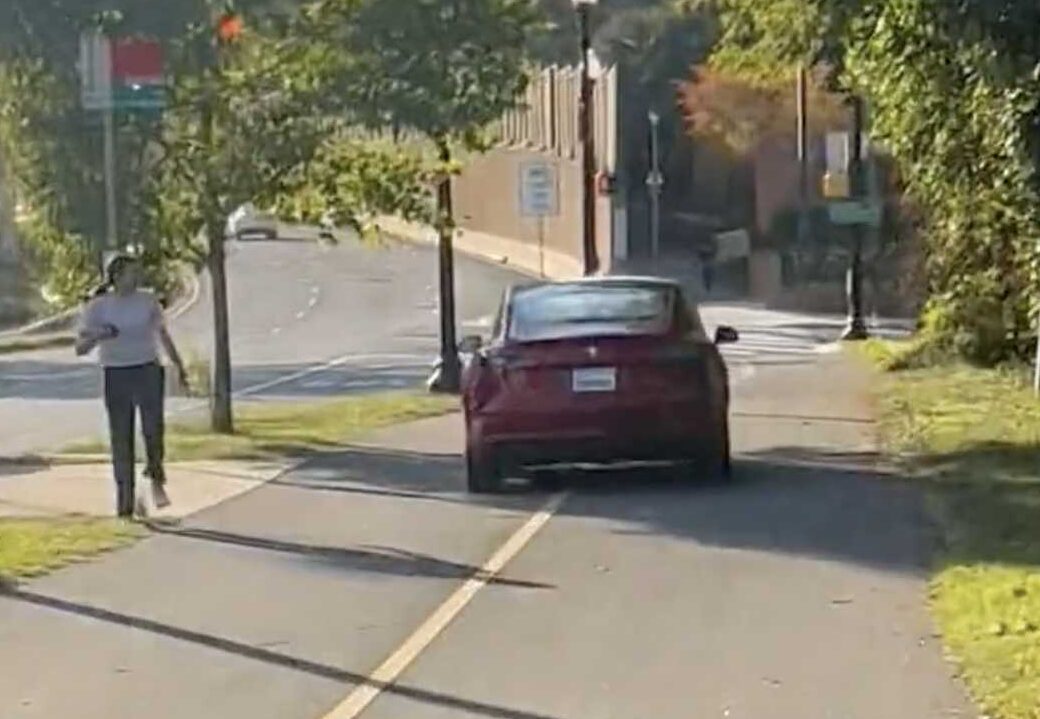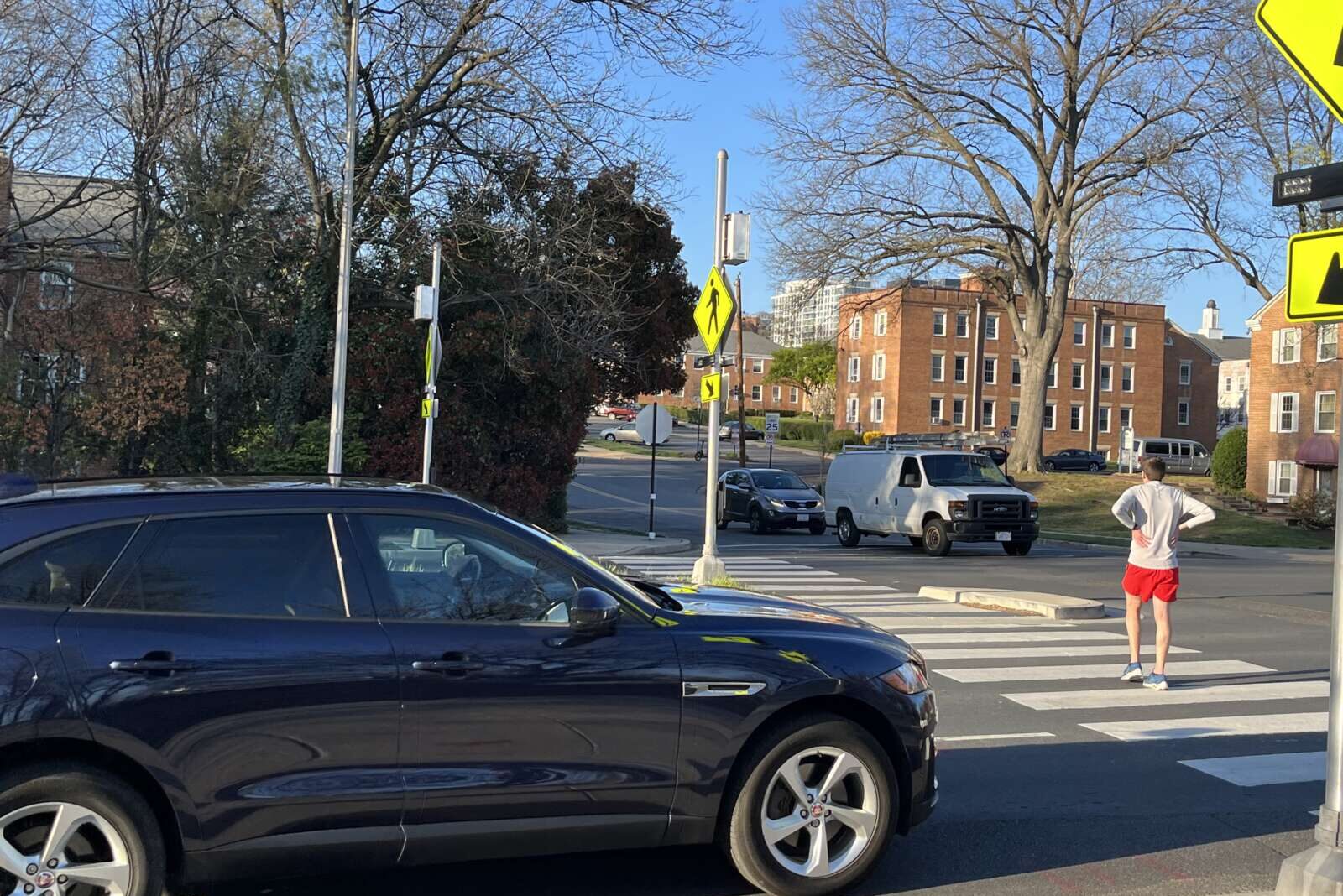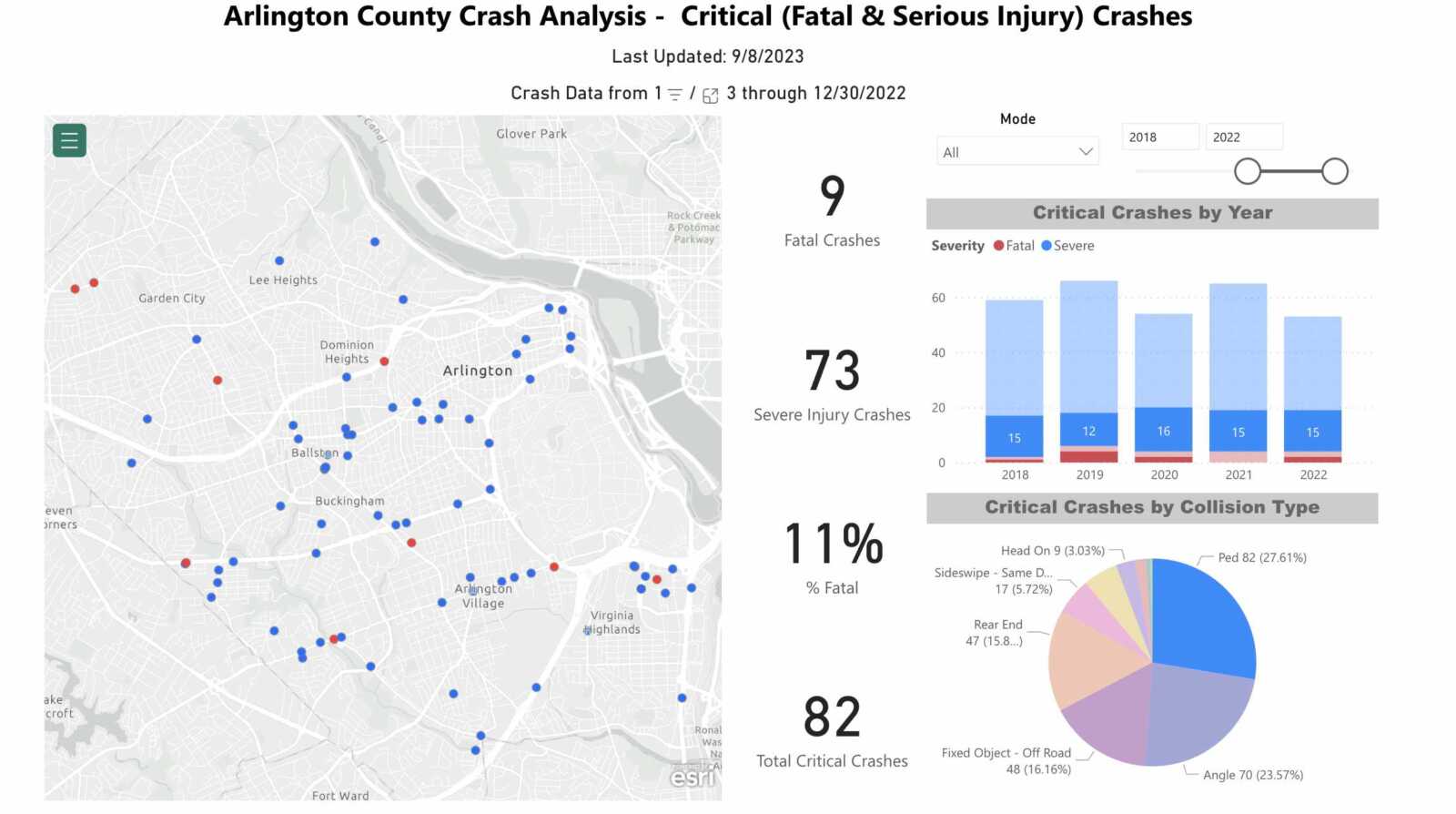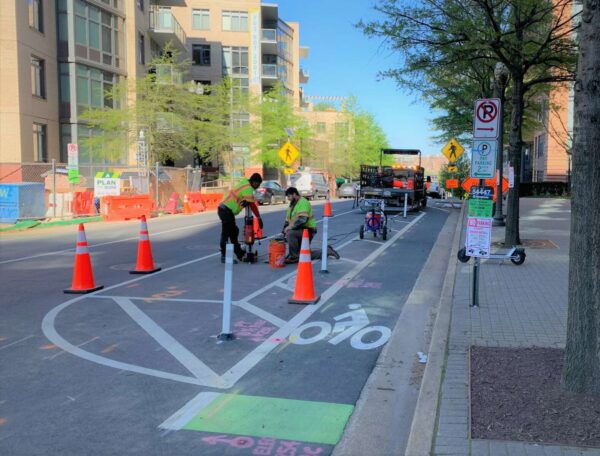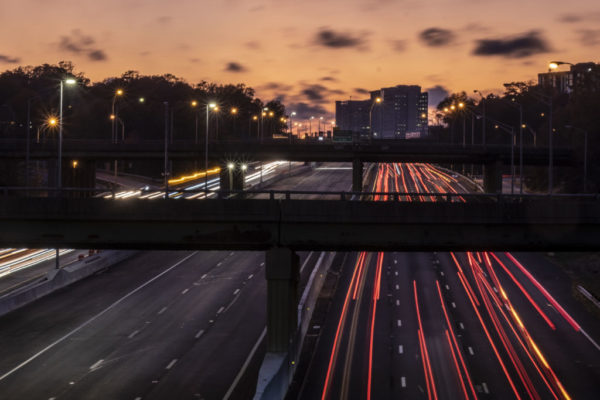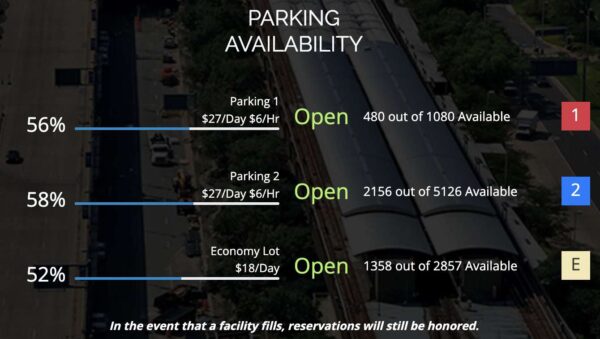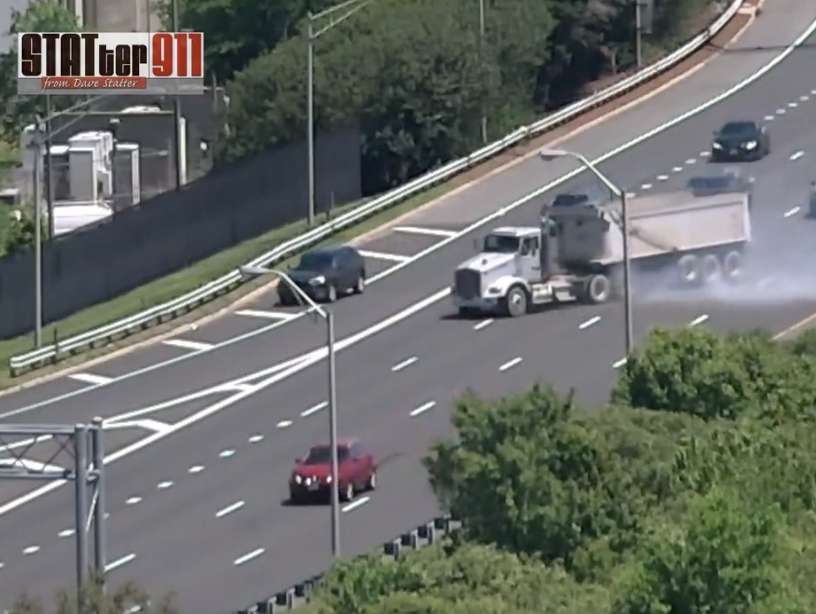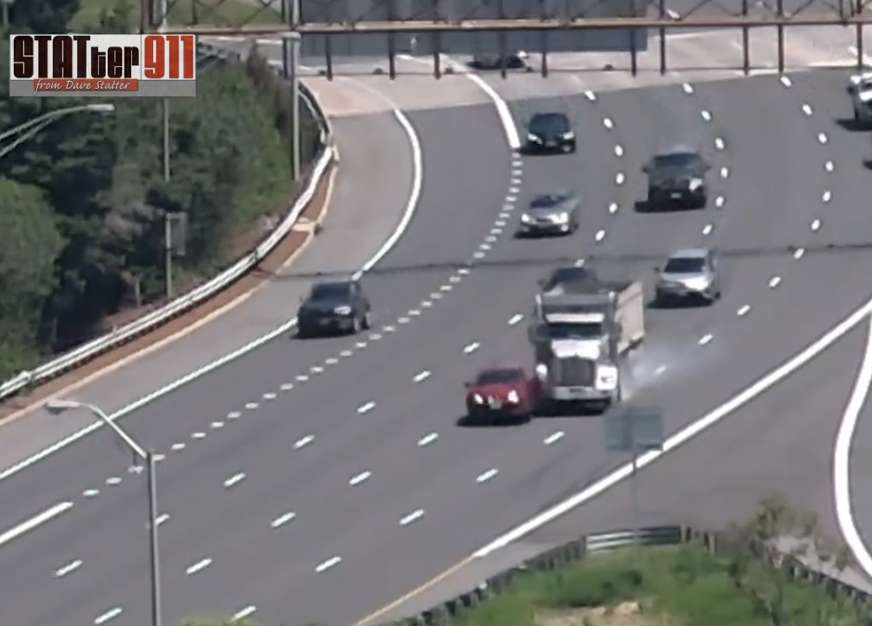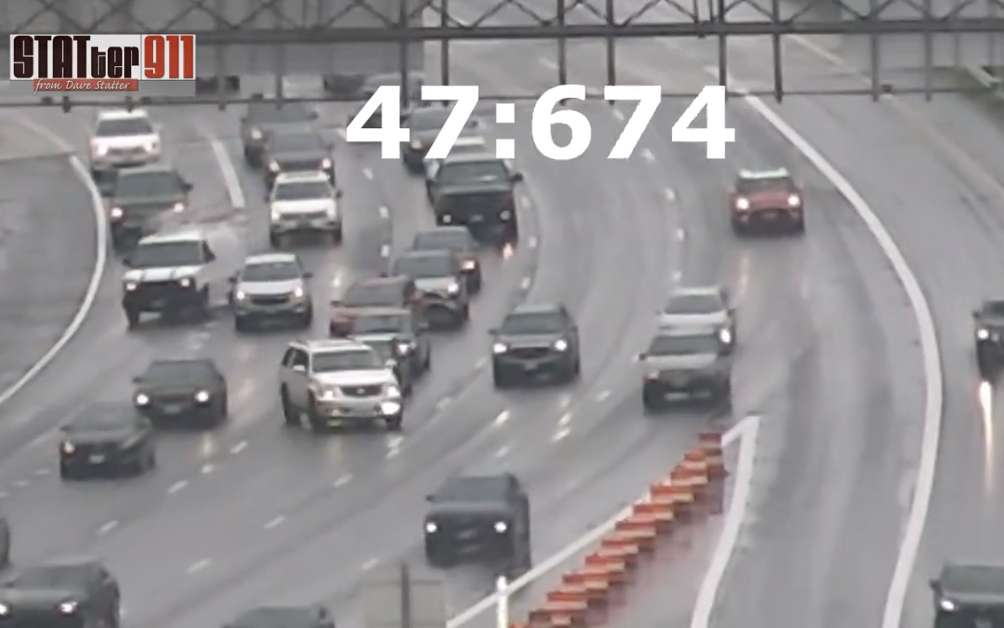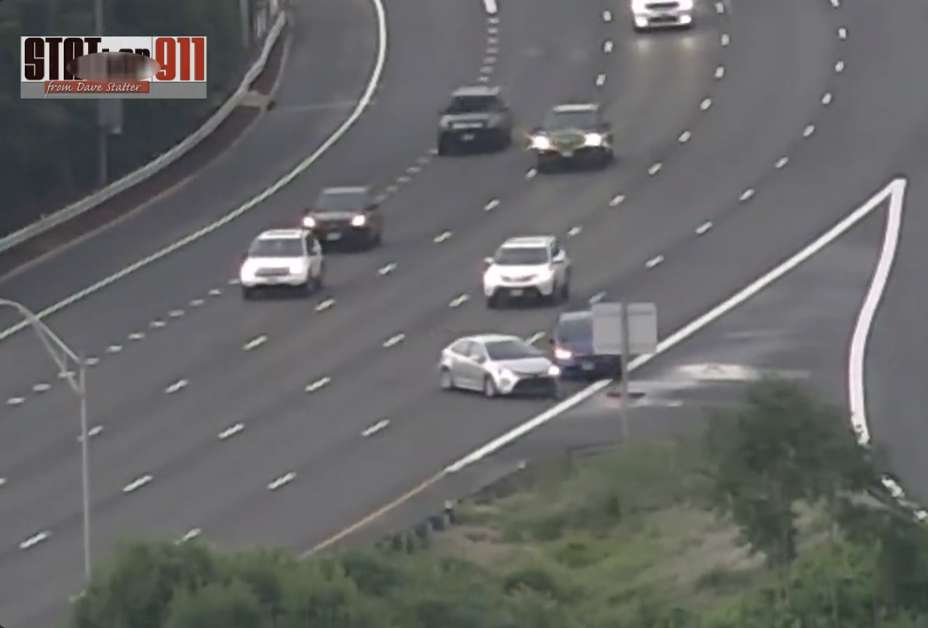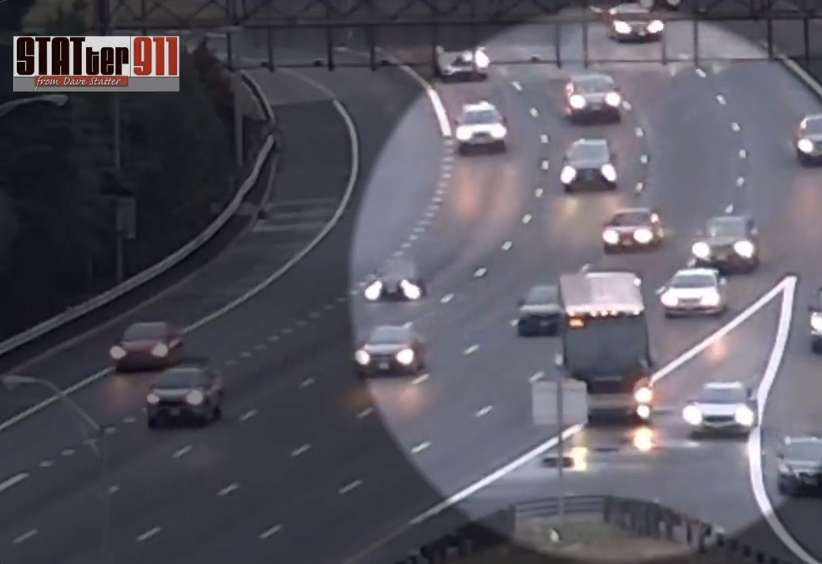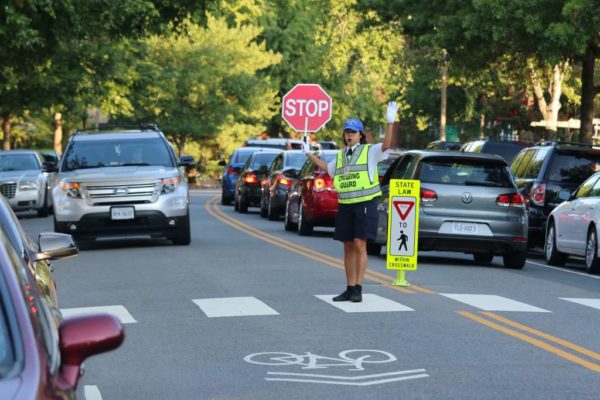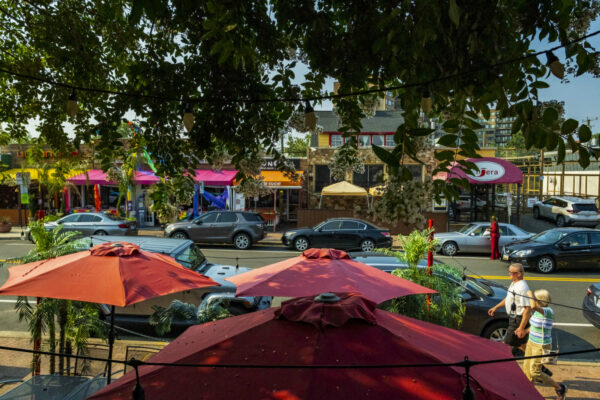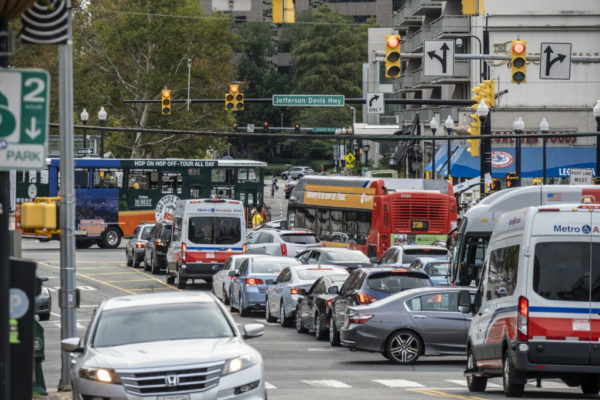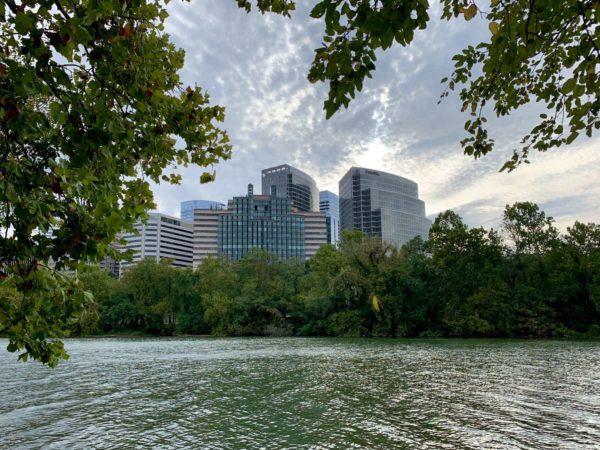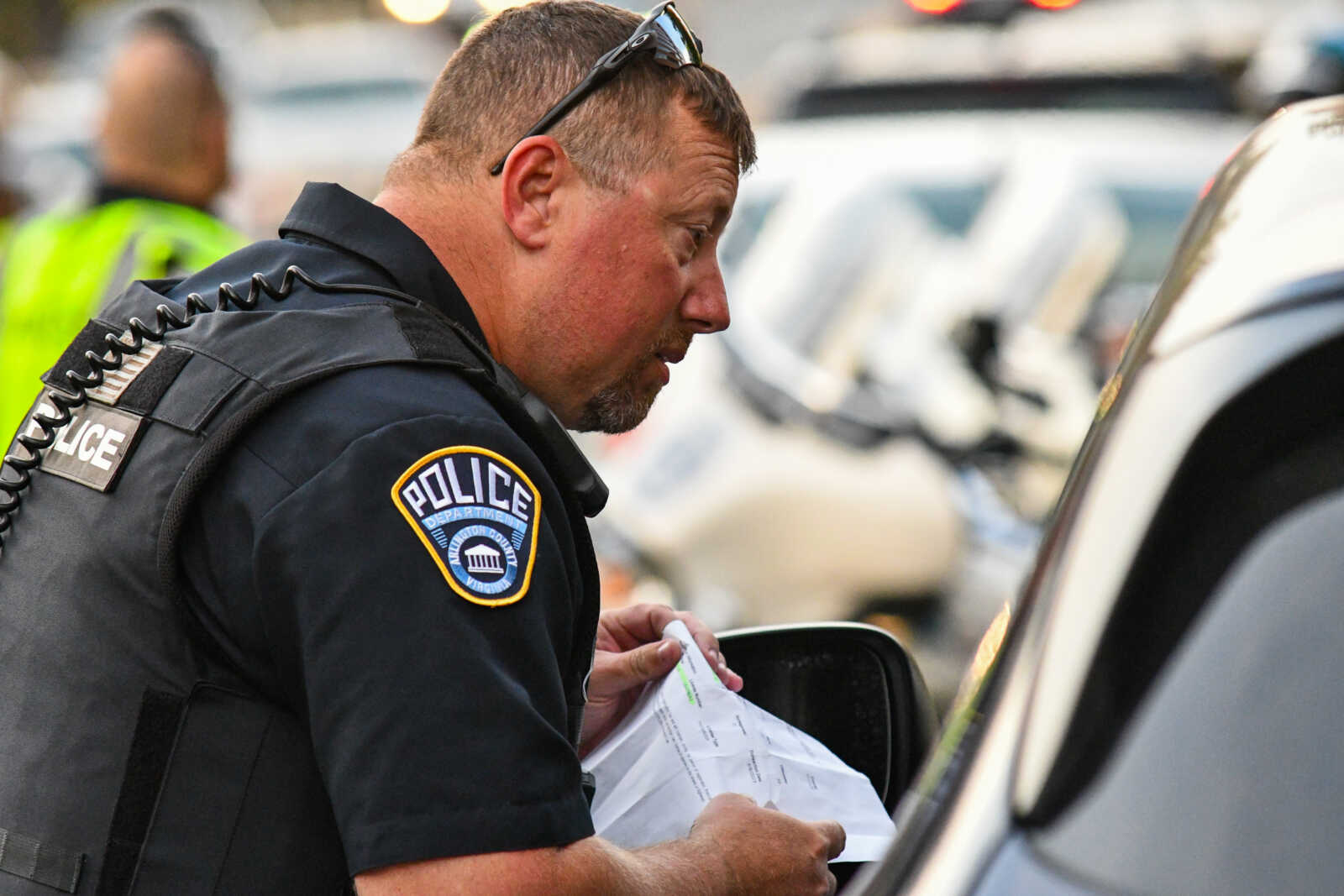
High speeds, traffic scofflaws and distracted drivers are the top three reasons people feel unsafe when traveling around Arlington.
That is according to the county’s latest Vision Zero mid-year report, which summarized how Arlingtonians responded to online and in-person surveys about their top concerns as travelers.
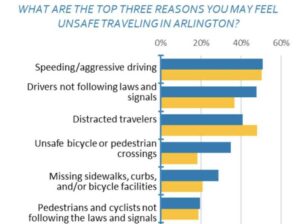 County data on fatal and severe-injury crashes appear to back that up. Among speeding, distracted driving and alcohol, speeding leads the pack as a factor in serious crashes.
County data on fatal and severe-injury crashes appear to back that up. Among speeding, distracted driving and alcohol, speeding leads the pack as a factor in serious crashes.
To tackle speeding — and one day, other traffic violations — Arlington County is laser-focused on automated enforcement. The road to get there, however, is long and some goals could take years of politicking to achieve.
First, the county has to implement speed cameras in school and work zones, which the Arlington County Board authorized in January 2022, shortly after the General Assembly permitted this.
Although Arlington is still working on procuring a contract for speed cameras, the County Board, the Vision Zero team and ACPD are working on expanding the use of speed cameras by including it among legislative priorities in the upcoming General Assembly session.
This could be an uphill battle, as some local legislators told ARLnow there is not yet an appetite in Richmond for widespread automated enforcement.
“The General Assembly has been reticent to allow full use of red light cameras,” said Sen. Adam Ebbin. “I think there might be some hesitancy to having fully automated enforcement, in general.”
Still, the county is pursuing automated enforcement to influence driver behavior when police are not present, lower its reliance on in-person enforcement and reduce potentially adverse interactions with police.
“They’re doing everything they can with what they’ve got right now,” says Vision Zero Coordinator Christine Baker, of the traffic enforcement Arlington County Police Department currently conducts. “We’re both just really hoping for more automation to help keep that progress toward better behaviors.”
Automation would also “let officers do the work that they need to do and leave the traffic enforcement up to ubiquitous, unbiased technologies,” she said.
Mike Doyle, the president of Northern Virginia Families for Safer Streets, agrees that it would limit potential racial bias and escalation in routine stops as well as alleviate police staffing shortages.
“Technology, with a photo and sending the ticket to the person, mitigates the risk of the officer,” he said.
Cameras would be effective, he says, “as long as the speed cameras are balanced in terms of equity: we can’t put them just in all the poor sections of town — they have to be where the speeding is.”
ARLnow asked ACPD whether it supports more cameras or has concerns about the hours officers might have to dedicate to reviewing footage.
Police spokeswoman Ashley Savage says the department “will continue to work collaboratively with the County on any future legislative changes to automated enforcement programs.”
ACPD reports keeping busy with enforcement
Despite staffing concerns — and scaling back operations due to low numbers — ACPD says it is committed to traffic enforcement and considers it a key safety initiative.
ACPD is authorized to have 377 officers and currently has a “functional staffing level” of 278 sworn officers, down from 284 this fall. Sworn offices can stop people for traffic violations and are “expected to meaningfully contribute to the department’s key initiatives,” through education and enforcement, Savage said.
How many are assigned to traffic duties is sensitive information, she said.
“In March 2022, the department announced service changes due to a reduction in our workforce,” says Savage. “There were no key impacts to transportation safety and the department reaffirmed our commitment to ensuring the orderly flow of traffic in the County while conducting transportation safety enforcement and education campaigns.”
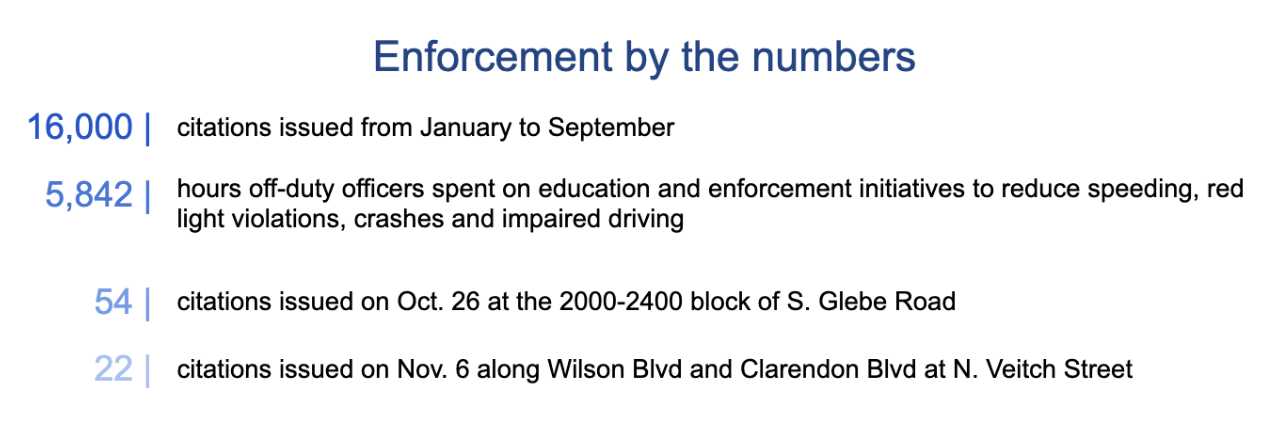
ACPD’s Special Operations Section conducts education and enforcement in “identified areas of concern with the goal of voluntary compliance when police are not present, Savage said.
They also address safety concerns, work with Vision Zero staff, deploy variable message boards and other technology, and manage the police department’s participation in local and regional traffic safety programs.
The unit includes civilians who work as parking enforcement agents; traffic directors during events, crashes and emergencies; and school crossing guards.


